What Ramadan means for Muslims in Stroud and Gloucester
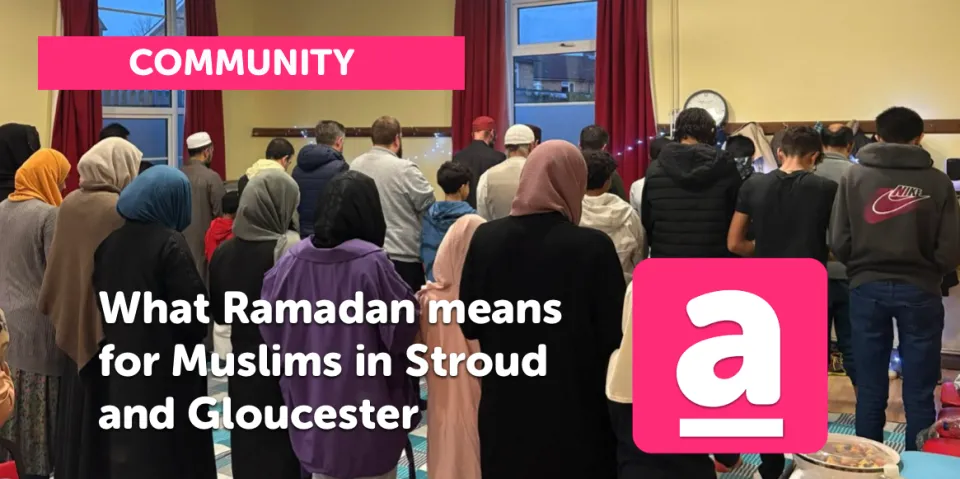
by Will Luker | Call Me Will
This piece begins with a common misconception about Ramadan. That the period is only about fasting and that all Muslims must fast. Which in its entirety isn't true.
The holy month is observed by the Muslim community worldwide, Ramadan is very much a time of prayer, self-reflection and community, believed to be when the Quran was first revealed to the Prophet Muhammed.
In the Islamic calendar, the crescent moon signifies the beginning and end of the month and this year the start and end of Ramadan 1446 is marked from Friday 28 February 2025 — Sunday 30 March.
The truth? No it’s not just about fasting. Yes this is a core aspect of Ramadan but not all Muslims are required to fast.
In Islam, fasting is considered obligatory only for those who are medically fit and have reached an age of maturity, which is usually about 15 years. This excludes young children, those who are ill (physically or mentally), frail, travelling, pregnant or breast-feeding.
Ramadan is considered one of the holiest periods in Islam and here in Gloucestershire and Stroud specifically, communities have opened their doors to wider society, including events for non-Muslims to attend and gain a deeper understanding of the holiness of Ramadan.
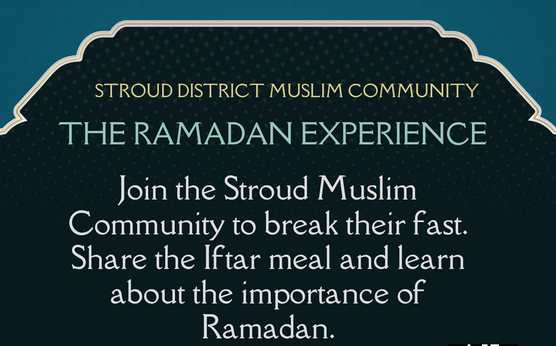
Ramadan is drawing to a close soon and Eid al-Fitr will mark a joyful celebration, but what does it mean to the community in the district?
Fasting means abstaining from food, drinks and acts of intimacy from the earliest moments of dawn right through until the last rays of sunset.
It is a deeply spiritual time of increased community engagement, charity and self-reflection. There is an encouragement to pray more during Ramadan, with increased reading and reflection on the Quran.
Ramadan begins and ends with the sighting of the crescent moon, and because the Islamic calendar is a lunar calendar, it shifts forward by about 10-12 days each year relative to the Gregorian calendar.
Stroud
Speaking to the community in Stroud and understanding why Ramadan is important to people matters hugely to make sure we live in an educated, inclusive and respectful society.
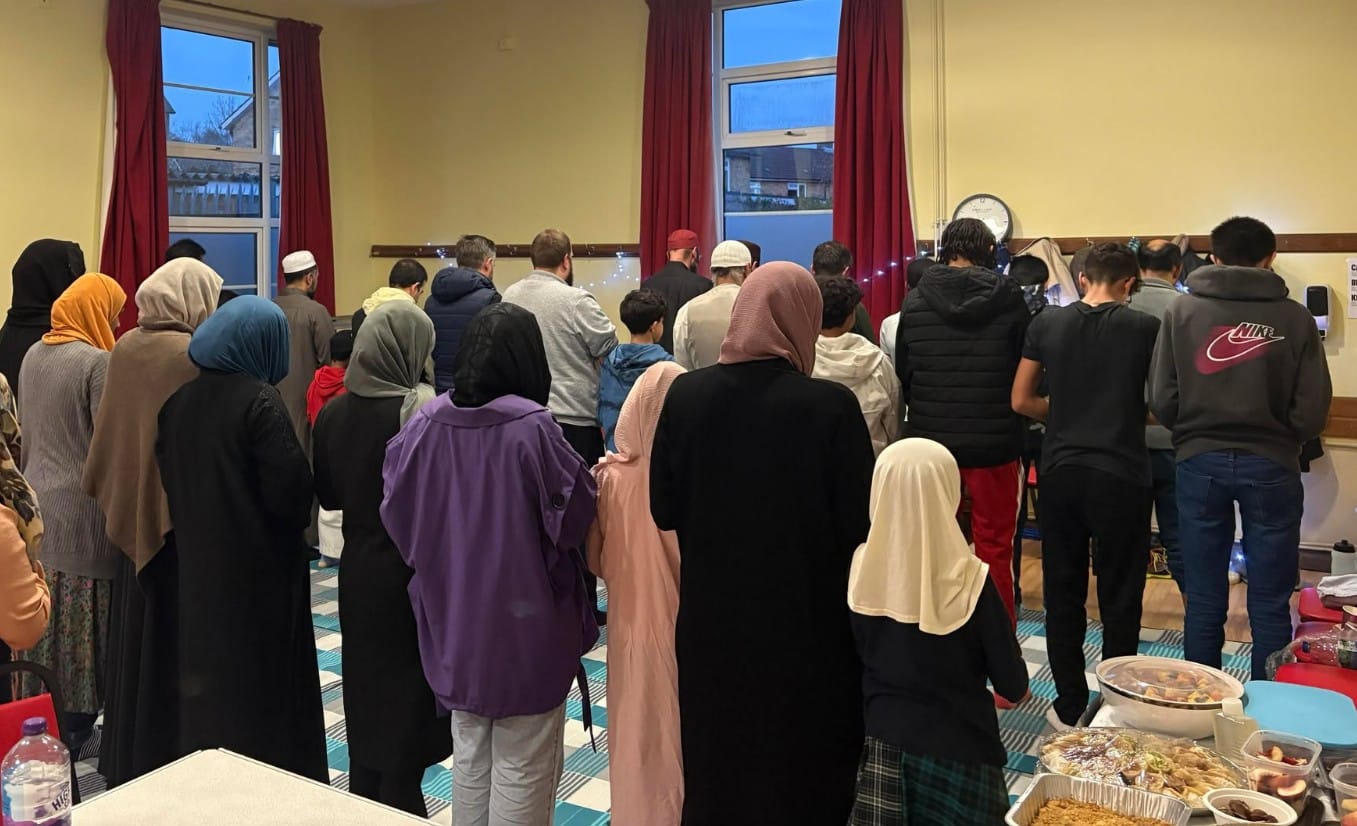
I first speak to Mustafa Davies, who has organised a community Iftar in Stroud to welcome wider society. Iftar it is the meal which Muslims eat at sunset to break their daily fast after evening prayer.
For around 30 years Stroud has welcomed the community and while it is smaller than Gloucester or Cheltenham - Mustafa knows Stroud best for being a decent and welcoming town.
Mustafa says Ramadan is important because “we try our best to transform ourselves and it’s a condensed self improvement opportunity. It is a period of peace because as Muslims we will turn to our faith more than we do outside of Ramadan. It’s a period of renewal and inner peace within ourselves.”
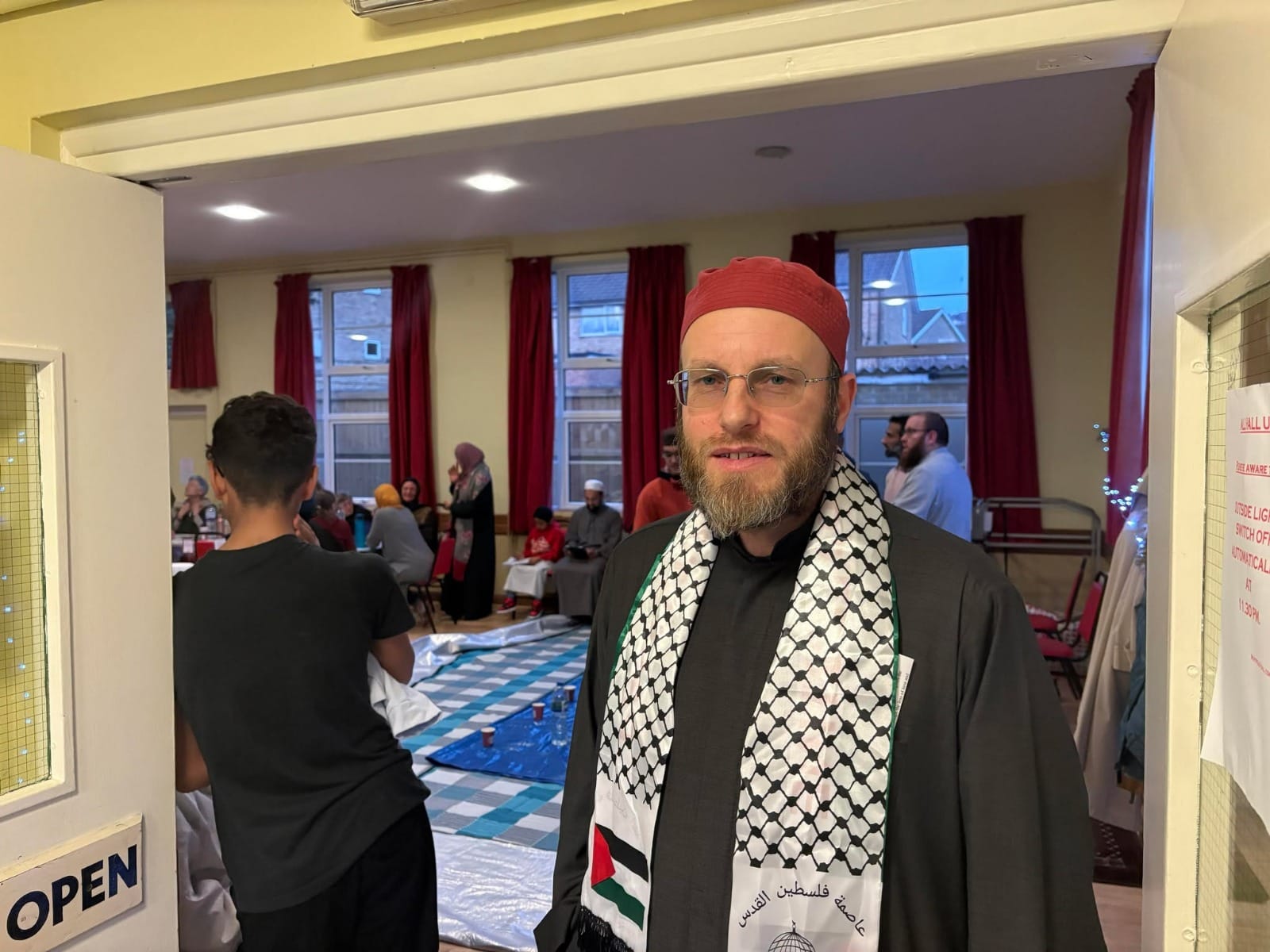
Gloucester
On Barton Street, the Islamic Society of Gloucester have done exactly the same to welcome wider society into its mosque.
An educational talk explores misconceptions of Islam and introduces the 'five pillars', which are Shahada (Declaration of Faith), Salah (Prayer), Zakat (Almsgiving), Sawm (Fasting) and Hajj (Pilgrimage).
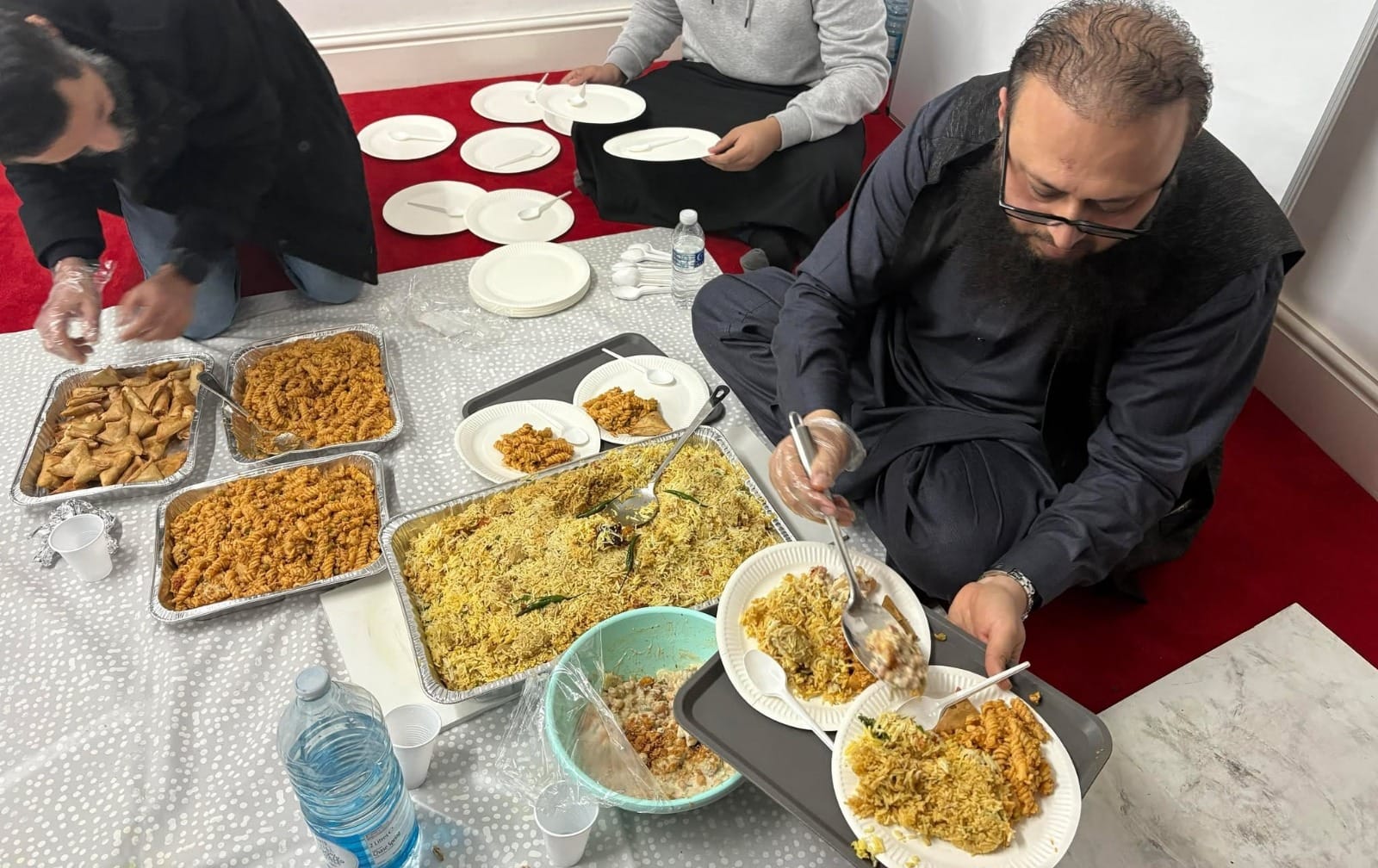
Jahanzeb speaks on why Ramadan is important.
“Being a good Muslim involves strengthening each of the five pillars and that’s where Ramadan is important to me, he says.
As Muslims we have a duty to share the knowledge and understanding of our religion with everyone else.
We live in a society where we meet so many different nationalities, so it makes sense to highlight the core decent values we as Muslims have. The way we break down barriers is through education so inviting people with open arms is good before people judge.”
Paul is married to Tessa and both converted to Islam two and a half years ago. Opening up to society during Ramadan is worth the effort because Gloucester is a small community, Paul says.
“Opening up events to allow people to even ask critical questions who may have some ignorance, it’s easy in the city to open up because I live in a welcoming and tolerant place.”
Tessa says holding open events to the public about Islam and Ramadan is “very grounding and quashes misinformation. People can come and find out about Islam here and for those that do come to seek education about our religion, you will learn something you may not have known.”
Salman Ahsan as Chair of the Islamic Society of Gloucester says Ramadan is not only refreshing for the community but also “a chance to reflect upon the way we live our lives.”
Many non-Muslims attended the events to hear what Islam and Ramadan is all about and in Salman’s view, “this is very good to see people in Gloucester coming to see our community. It’s a collective effort to have a good discussion and to share our plate. The doors to our mosque are always open and it will never be closed.”
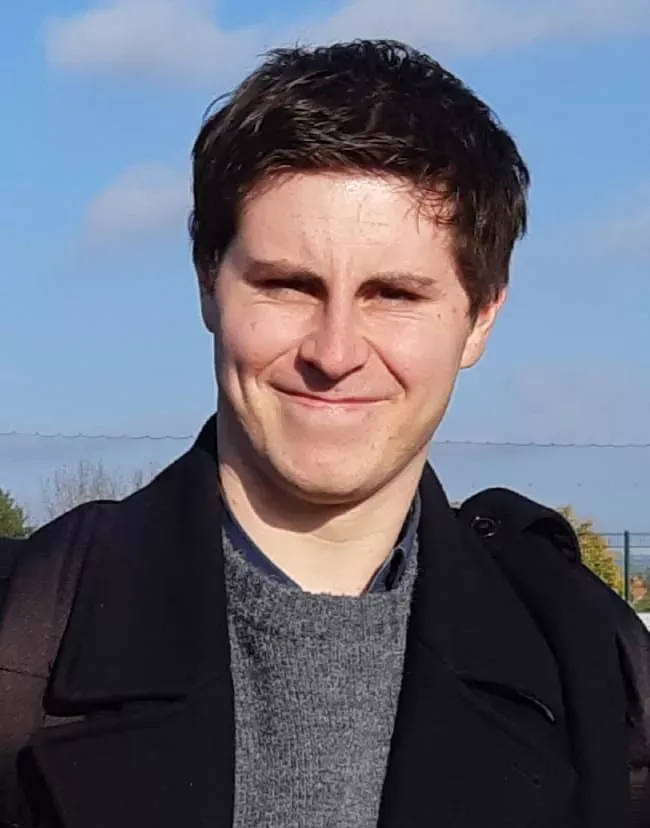
Will Luker is a Gloucestershire-based journalist who covers local news and interest stories from right across the county.
This article has been reposted with kind permission from Will's "Call me Will" Substack. You can subscribe to it and read more from Will here


Amplify Stroud is supported by Dialect rural writers collective. Dialect offers mentorship, encouragement and self-study courses as well as publishing.
You can find out more at https://www.dialect.org.uk/

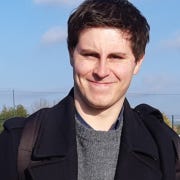
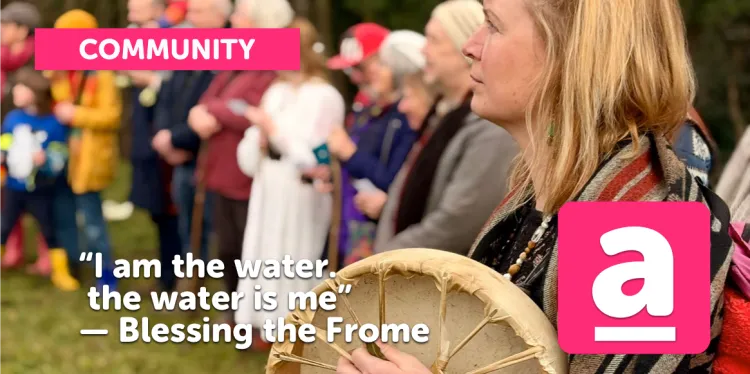
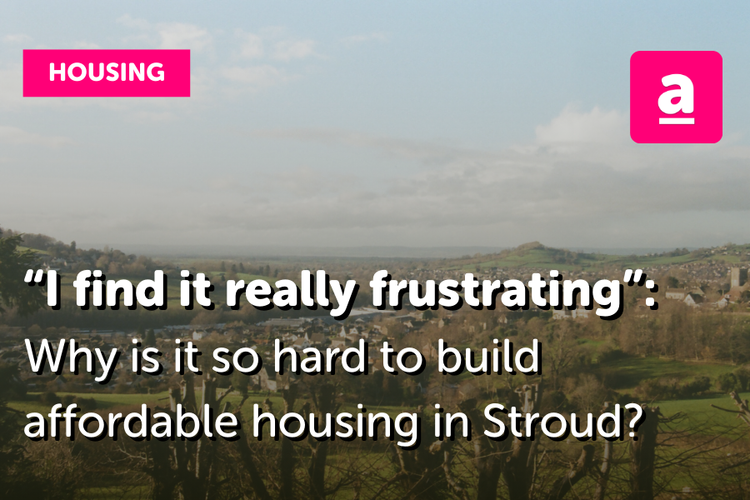
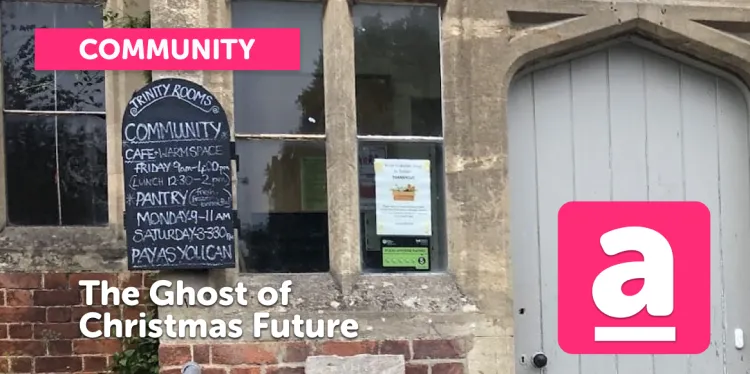
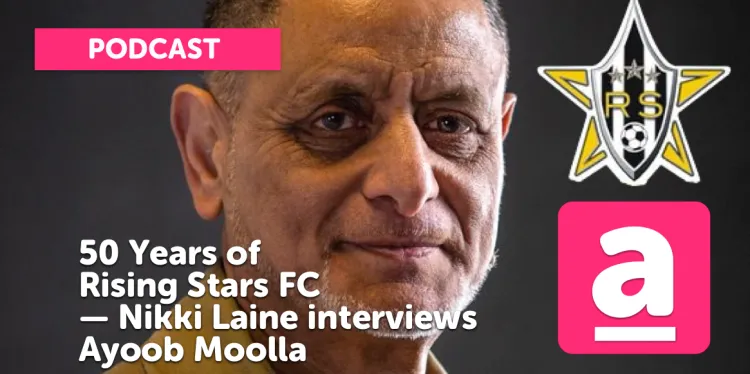
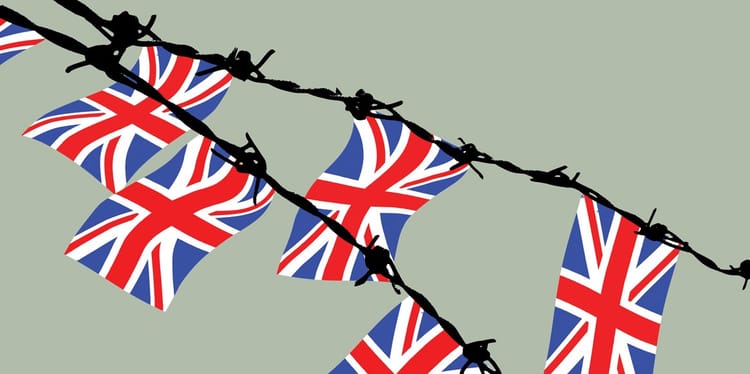
Member discussion